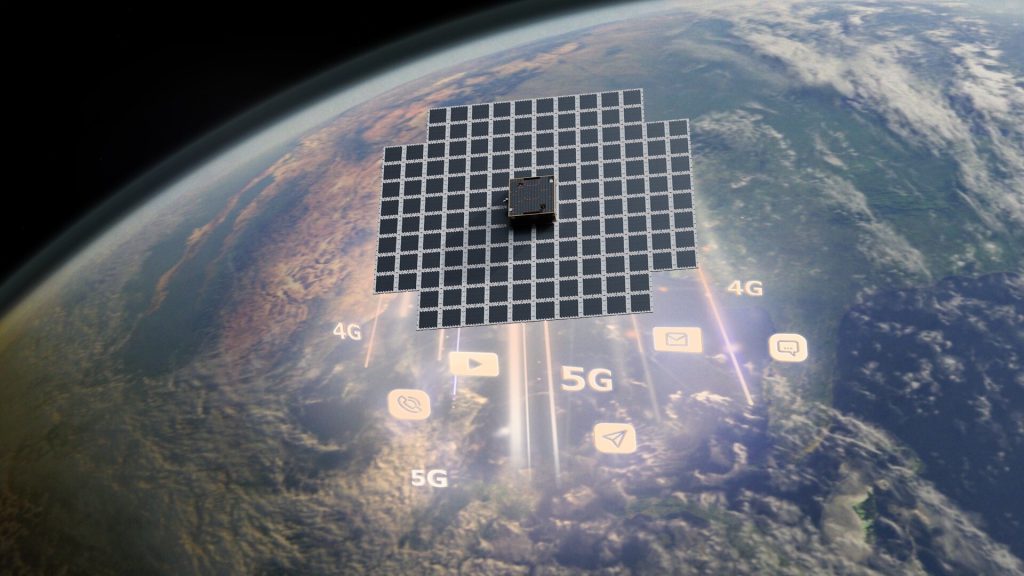Texas-headquartered company AST SpaceMobile, focused on building the world’s first space-based cellular broadband network, gets a financial boost, as reported by Ars Technica.
New investors Google and AT&T, along with Vodafone, who previously invested in the project, announced a new strategic partnership, providing an aggregate new financing of up to $206.5 million. This includes convertible notes, non-dilutive commercial payments, and a planned future draw on the company’s existing credit facility.
In addition, AST SpaceMobile announced the public offering of its Class A common stock. This might boost the company with extra cash of up to $115 million.
Google might represent a major contributor to the project, as it agreed to collaborate on product development, testing, and implementation plans for AST’s network connectivity on Android and related devices.
The aim is to provide cellular connectivity directly to regular smartphones. AST SpaceMobile claims its technology will potentially enable data transmission speeds of up to 120 Mbps.
Although the company currently has only a single satellite in low-Earth orbit, it achieved several world-firsts in 2023. Among them are the first 2G voice call from space to a smartphone, the first 4G LTE connection, the first 5G voice calls, and a data download of 14 Mbps.
Vodafone and AT&T have placed purchase orders for network equipment from AST SpaceMobile to support planned commercial service, AST SpaceMobile said in a press release. On top of that – already before the investment was announced – AT&T was leasing its frequency spectrum (700 and 850 MHz bands) to AST. AST SpaceMobile claims it already has agreements and understandings with more than 40 global mobile network operators with over two billion subscribers.
AT&T is not the only U.S. telecom company to collaborate on similar projects. Previously, T-Mobile partnered with SpaceX to implement the so-called direct-to-cell technology into its existing Starlink mega constellation.
As we have recently reported, SpaceX successfully carried out the first tests of this technology, allowing phone calls over the satellites equipped with new hardware specifically developed for this purpose.

